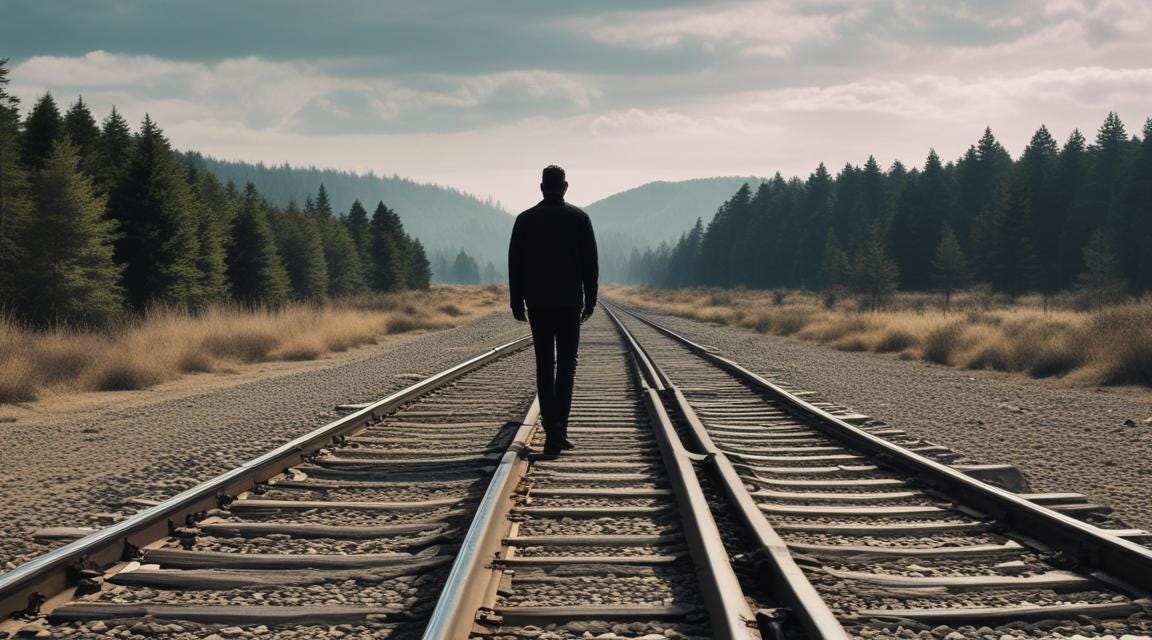There are a variety of factors that cause people to become addicted to drugs and alcohol: family history, mental health disorders, peer pressure, lack of family involvement, and early use. Codependency often exists in relationships where one person enables the destructive behavior of another. I’ll be discussing these issues and more over the next few weeks.
Nobody takes their first drink intending to become an alcoholic.
Likewise, no one tries their first hit, snort, or pill, hoping to become addicted. And yet, that’s precisely what happens to many people.
I was lucky. Despite using various recreational drugs, none of them got me hooked.
I remember my first experience with alcohol. It was 1976, and my boyfriend Alan (who later became my husband) walked two miles through snowy streets to see me on a Friday night.
He arrived at my house with a Skippy Peanut Butter jar full of whiskey. It was just after 6 p.m. on a January night, so it was dark, and the snow squalls danced beneath the streetlights.
He had to walk because we didn’t have driver’s licenses yet. We were only 15.
We headed to a nearby baseball field and sat on the bleachers. He pulled out the whiskey and offered me some, saying we could ‘catch a buzz’ and stay warm.
I remember being surprised and grimacing when I sipped it. It was my first time drinking alcohol. The taste was awful, but we traded the jar back and forth, discussing all the important things that happen in a sophomore’s life.
The air was frigid, and he put his arm protectively around my shoulders. That chilly night, we were still in the handholding stage and getting to know each other.
After a while, I started to feel warmer and woozy. Despite the disgusting taste, I didn’t want to seem uncool, which in those days was a fate worse than death. So, hoping to look like this wasn’t my first time (and impress him), I took a couple of long gulps, which ultimately sealed my fate.
Later, we got up to walk back to my house, and my legs felt like rubber. Everything around me seemed to be moving, and I struggled with balance. Alan had to help me walk, and thankfully, we were only two blocks from home.
We got in the house undetected as my mother was in the kitchen with a couple of my aunts and the neighbor lady. They were having a party of their own, drinking, smoking cigarettes, and (as Mom liked to say) “gabbing up a storm.”
Alan managed to get me upstairs and into bed before he left for the walk back to his house. He also had the foresight to put a wastebasket next to the bed. It didn’t take long before I was vomiting that vicious brown liquid, feeling the burn in my throat for a second time. That and the spaghetti sauce I’d eaten for dinner. I swore I’d never drink again…until I did.
It was peer pressure, and I was an insecure young girl wanting to ‘fit in.’ It was about catching a buzz and releasing all the inhibitions that kept me feeling inferior and awkward.
So, how do alcohol and other drugs manage to erase those feelings of inadequacy and give one a new-found sense of bravado?
Changes in the brain, that’s how.
Addiction: Disease or Choice?
The American Medical Association (AMA) didn’t classify alcoholism as a disease until 1956, and later, in 1987, they included addiction. The American Society of Addiction Medicine (ASAM) joined the AMA in 2011, stating that addiction is a chronic brain disorder and not a behavioral one.
Until then, poor decision-making was considered a characteristic of people who lacked an adequate moral compass.
However, others believe differently. Neuroscientist Marc Lewis argues that addiction is the result of ‘deep learning’ most likely triggered by stress or alienation and can be unlearned by developing stronger synaptic pathways via better habits.
He does agree with the science and how repeated use of addictive substances causes changes in brain chemistry. The more time one spends in an addictive state, the more the cues attached to your drug are going to turn on the dopamine system.
At the same time, dopamine (the feel-good chemical) is ramping up, and activity in brain areas responsible for judgment and decision-making decreases.
Lewis isn't the first scientist to believe that those who become addicted are experiencing some loneliness, depression, or alienation. He cites psychologist Stanton Peele, who has supported the idea since the 1970s that addiction is a learned behavior influenced by personal suffering. Neuropsychopharmacologist Carl Hart also insists that “drugs aren’t the problem.” Instead, it’s the draconian drug laws and marginalization that compound the addict’s feelings of isolation and shame.
If you’re interested, there’s more info on this school of thought.
Regardless of whether it’s a disease or the result of depression, it breaks my heart to learn that it wasn’t just shitty, selfish behavior on the part of my husband.
It was much easier to think he freely chose a drug over everything else: family, friends, and the chance to have a decent life. I could justify the white-hot hatred I felt for the three decades lost, trying to convince him there was more to life and that he was missing out on so much.
Alan didn’t listen to any of us, and while I rarely think of him and those challenging years, somehow, it’s still there. But in a good way. Because I learned so much about myself and what I needed to change in my life.
Our autonomy belongs only to ourselves; our choices should reflect that daily.
It’s possible to rediscover our self-determination if we’re willing to do two critical things:
Learn all aspects of addiction - this includes how it affects the family and friends of the user.
Seek and accept help - I know firsthand how difficult this is, but we need a support system as much as the user does.
Once I began researching addiction, I had a new and better-informed understanding of what Alan was experiencing. However, his continued refusal to seek help, despite pleas from his entire family, was (finally) the dealbreaker.
Addiction causes shame and embarrassment for the loved ones of the addicted person. I spent a lot of energy over many years trying to hide our situation. This leads to isolation and feelings of absolute despair.
There’s so much information available today regarding all aspects of addiction. When you’re in the thick of a nightmare with drugs, it’s too easy to become paralyzed with fear.
But knowledge is power.
Learning the physical and mental processes of drug dependence helps put things in perspective. It provides the facts needed to see why the addict behaves as they do. When they start blaming and gaslighting, you’ll be clearheaded on what’s happening and better able to detach from their abuse.
Physical violence requires immediate intervention by law enforcement and complete separation from the addict.
I’m grateful that my ex never got physical. However, I wonder if that would have forced me to see reality sooner. I know what the injuries felt like inside; I can’t imagine enduring them on the outside too.
It’s too hard for most people to deal with alone. Al-Anon and other agencies exist to assist people with support and help them find the necessary resources to cope. I wish I had called them. It could’ve made a difference so much sooner.
If you’re experiencing similar circumstances, I urge you to get help.
No amount of love, patience, or self-sacrifice will make your addict “see the light.”
This is something only THEY can control, and THEY must be willing to:
Admit they have a problem
Voluntarily seek help
To get started, check out SAMHSA.
NEXT WEEK: How addiction impacts brain chemistry.
THANK YOU for reading Life Matters!
SUBSCRIBE to receive weekly ‘bite-sized’ posts offering information and affirmation in under 10 minutes:
LIKE/SHARE/and COMMENT if you enjoyed this post:
Life Matters is a reader-sponsored publication (No ads or affiliate links). Please consider supporting my efforts with a one-time tip OR upgrade to the paid membership for additional benefits:












Thank you for sharing this. I majored in Neuroscience in undergrad and took a class on the neuroscience of addiction. There are so many theories and research being done to understand and treat the condition and alot of progress has been made, but we have such a long way to go.